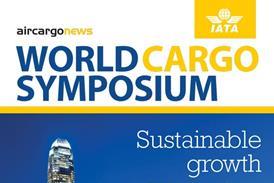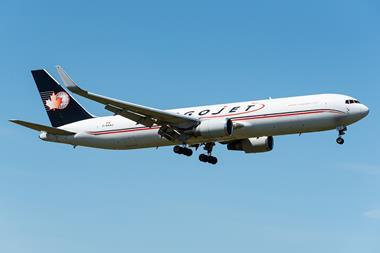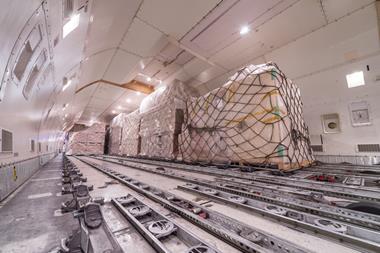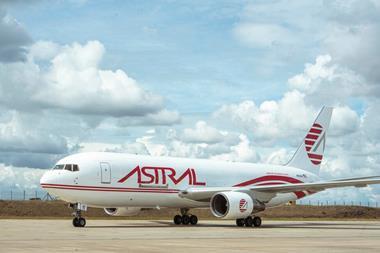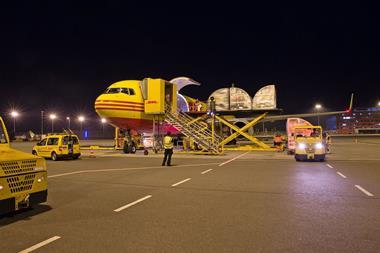
The Transported Asset Protection Association (TAPA) has warned that the transportation of Covid-19 vaccines presents the “biggest security challenge for a generation” in supply chains.
The association said the estimated 7bn to 19bn doses of vaccines that are required to completely eradicate the deadly virus will place “unprecedented demands” on pharma supply chains.
As the air cargo industry gears up for the widespread distribution of vaccines, which could start as early as next month, TAPA Middle East and Africa (EMEA) said companies must leave no stone unturned when assessing cargo security risks involved on a country-by-country basis “because the threat of cargo theft is never far away”.
Thorsten Neumann, president and chief executive of TAPA EMEA, said: “With a black market controlled by supply and demand, organised crime groups will be very aware of the value of doses of the vaccine and are highly likely to be looking for ways to intercept supply chains to steal shipments, especially with such high volumes being distributed within a short timescale.
“As we have already seen this year with the high number of thefts of Personal Protective Equipment (PPE) from supply chains, cargo thieves are very active in targeting Covid-related products so, as industry, we must be ready.”
Neumann advised that TAPA members involved in vaccine distribution can use the association’s cargo crime intelligence tools and industry standards to effectively support their in-house supply chain security programmes.
He added: “Ensuring the secure storage, transportation and delivery of every pharmaceutical shipment is of paramount importance to the healthcare industry to ensure patient safety. This explains why pharmaceutical supply chains are among the most resilient of any sector.
“In terms of cargo security, the true cost of loss of a pharma cargo has been estimated to be between five to seven times the value of the product because of the domino-effect it creates, including wide-scale product recalls, not to mention reputational damage to companies.
“Product losses are clearly the biggest threat but contamination of pharma cargoes during a cargo crime — even if they are not actually stolen — can be just as damaging.”




